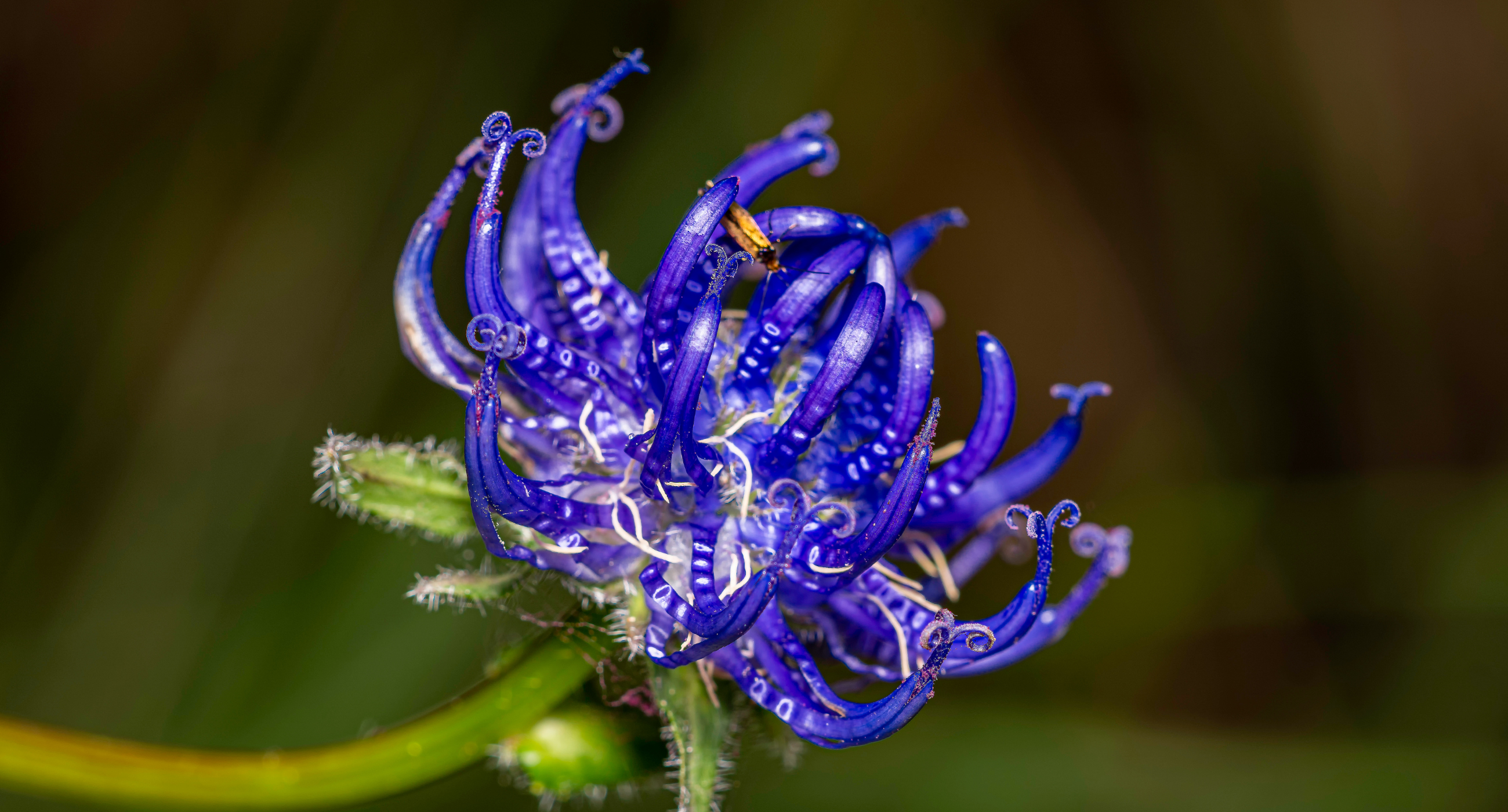
Devil’s Claw
Scientific Name: Harpagophytum procumbens
Herbal Profile: Devil’s Claw
Scientific Name: Harpagophytum procumbens
Family: Pedaliaceae
Common Names: Devil’s Claw, Grapple Plant, Wood Spider
Description:
Devil’s Claw is a perennial plant native to the arid regions of Southern Africa, including the Kalahari Desert and Namibia. The plant is named for its peculiar, claw-shaped fruit, which aids in seed dispersal by attaching to passing animals. Devil's Claw has sprawling stems with small, tubular, reddish-purple flowers. The roots and tubers of the plant are used in herbal medicine due to their anti-inflammatory and analgesic properties.
Traditional Uses:
Devil’s Claw has been used for centuries in traditional African medicine to treat a variety of ailments, primarily for its pain-relieving and anti-inflammatory effects. Common traditional uses include:
- Anti-inflammatory and Pain Relief: Devil’s Claw is most commonly used to reduce inflammation and relieve pain, particularly in conditions such as arthritis, osteoarthritis, and rheumatoid arthritis. It is believed to work by inhibiting inflammatory pathways and reducing joint swelling and stiffness.
- Musculoskeletal Disorders: The herb is used to treat musculoskeletal disorders, including back pain, muscle pain, tendonitis, and sciatica. Its analgesic properties help alleviate pain associated with these conditions.
- Digestive Health: Traditionally, Devil’s Claw has been used to stimulate appetite and support digestive health. It may help with indigestion and other mild gastrointestinal issues due to its bitter compounds, which can enhance digestive secretions.
- Fever and Respiratory Conditions: The herb has been used to reduce fever and treat respiratory conditions such as bronchitis and asthma. Its anti-inflammatory properties help alleviate inflammation in the respiratory tract.
- Gout: Due to its ability to reduce inflammation and lower uric acid levels, Devil's Claw is sometimes used to manage symptoms of gout, a type of arthritis caused by excess uric acid in the blood.
Active Compounds:
- Harpagosides: The primary active compounds in Devil’s Claw, harpagosides have strong anti-inflammatory and analgesic properties. They inhibit cyclooxygenase (COX) enzymes involved in the inflammatory process.
- Procumbide: A compound that also contributes to the anti-inflammatory effects.
- Flavonoids: Offer antioxidant effects that help protect cells from oxidative stress and reduce inflammation.
- Phytosterols: Plant sterols that support anti-inflammatory and immune-modulating effects.
- Bitter Principles (Iridoid Glycosides): Stimulate digestive secretions and appetite, supporting overall digestive health.
Preparation and Dosage:
- Capsules/Tablets:
- Tincture:
- Tea (Decoction):
- Powder:
Safety and Precautions:
- Pregnancy and Breastfeeding: Devil’s Claw is not recommended for use during pregnancy due to its potential to stimulate uterine contractions. It should also be avoided during breastfeeding due to insufficient safety data.
- Stomach and Duodenal Ulcers: Devil’s Claw may increase stomach acid production and is not recommended for individuals with gastric or duodenal ulcers.
- Gallstones: The herb may stimulate bile production, which could exacerbate symptoms in individuals with gallstones or bile duct obstructions. Consult a healthcare provider before use if you have gallbladder issues.
- Blood Pressure and Heart Conditions: Some studies suggest that Devil’s Claw may lower blood pressure. Individuals with low blood pressure or taking antihypertensive medications should use the herb with caution. There is also potential concern for those with heart conditions, so consulting a healthcare provider is advised.
- Medication Interactions: Devil’s Claw may interact with anticoagulants (blood thinners), antiplatelet drugs, and medications that affect stomach acid. Consult with a healthcare provider before use if you are taking any medications or have underlying health conditions.
- Allergic Reactions: Some individuals may experience allergic reactions to Devil’s Claw. Discontinue use if any allergic symptoms, such as skin rashes or gastrointestinal discomfort, occur.
Conclusion:
Devil’s Claw is a valuable herb in traditional medicine, primarily known for its anti-inflammatory and pain-relieving properties. It is particularly effective for managing arthritis, musculoskeletal pain, and other inflammatory conditions. While generally considered safe for most people, it is important to use Devil’s Claw responsibly and consult a healthcare professional, especially if you are pregnant, breastfeeding, have underlying health conditions, or are taking medications.
